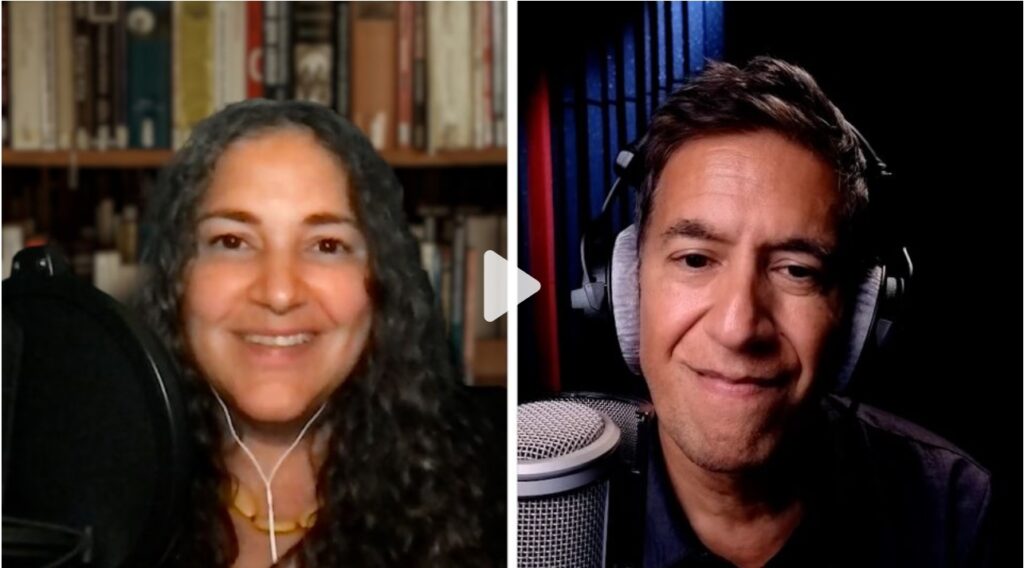Happiness is an idea that has been woven into the fabric of humanity, going back to ancient civilizations.
Roughly 250 years ago, it made its way into this country’s Declaration of Independence as an unalienable right: “Life, Liberty and the pursuit of Happiness.”
Although we’ve grappled with it for millennia, the concept of happiness and how to attain it remains pretty elusive. Some might see it as having a sense of general well-being. For others, it might be feeling a spark of unadulterated joy. Yet others might find happiness chasing a dream and reaching it. It might be some combination of these – or something else entirely.
I like to think of myself as a pretty happy guy. I have three wonderful teenage daughters and a wife, Rebecca, with whom I just celebrated a 20th anniversary; I’m close to my parents, my “baby” brother and his family. I have moments of complete contentment and a career that feels meaningful to me as a practicing neurosurgeon and CNN’s chief medical correspondent.
But I also realize it’s not that simple. There are other layers to happiness and a lot of nuance within those layers.
The pursuit of happiness
A challenging question is, what are the best ways to pursue happiness? Are we born with a stable, set level, or is it something we can cultivate, increase and strengthen? If it’s the latter, how can we successfully go about it?
Even though “the pursuit of Happiness” is built into the country’s founding, it seems that many Americans are just not that good at it. In the most recent World Happiness Report, the United States dropped to No. 23 (from No. 15 the previous year), marking the first time in the report’s 12-year history that the US was not in the top 20 happiest countries.
A separate Gallup poll, also from 2024, found that less than half (47%) of Americans are “very satisfied” with their personal lives.
It’s not just Americans. As it turns out, humans as a species may not excel at happiness. This may surprise you, but happiness is not necessarily something that we are genetically primed to attain. We have to really work at it.
“If anything, natural selection kind of doesn’t really care about our happiness that much. I mean, natural selection’s job is just to keep us alive and keep us around to reproduce. And I think it does that not by making us feel these moments of contentment but maybe just the opposite,” cognitive scientist Dr. Laurie Santos told me recently.
“It does that by building in a negativity bias. So we’re just a little bit worried that there could be a tiger around the corner, that we could get shunned at work. And we’re kind of constantly on the alert for that,” she said.
Santos, who has a doctorate in psychology, is at Yale University, where she teaches Psychology and the Good Life, the most popular course in the university’s history, and is the host of “The Happiness Lab” podcast.
She is also the first guest on the 10th season of my podcast, “Chasing Life,” which kicked off this week. During this season, I talk to experts across a variety of disciplines about the scientific underpinnings of happiness — defining it, attaining it, maintaining it and increasing it — and its effects on our minds and bodies.
Listen to more of my conversation with Santos here.


